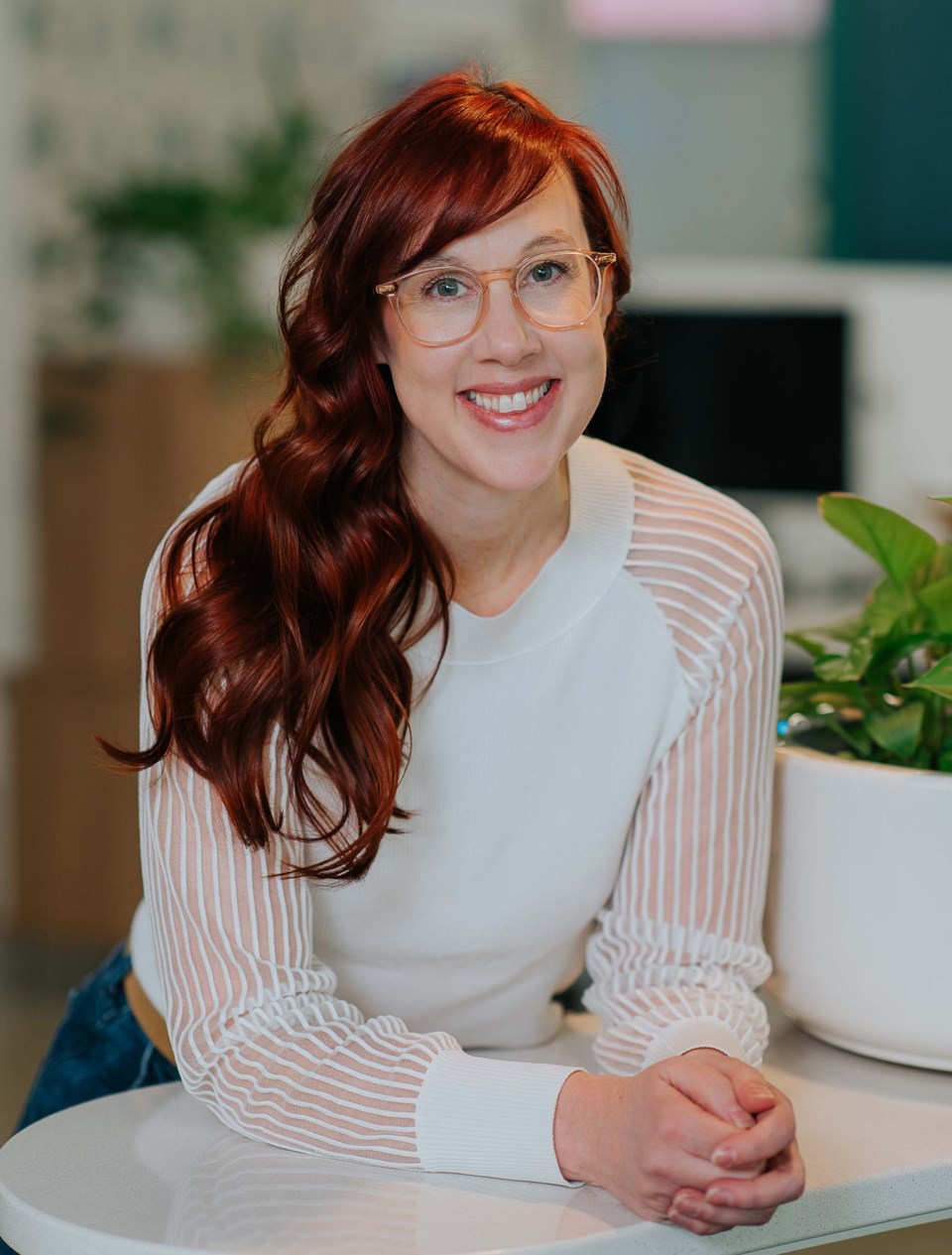Generative AI could get more people interested in the arts and help artists be more creative, an upcoming speaker at the Arden suggests.
St. Albert artists, volunteers, and the AI-curious will be at the Arden Theatre this Nov. 5 for a talk on artificial intelligence and the arts. The talk is part of the city’s Arts Exchange series, which aims to help artists learn new skills.
AI is causing a lot of anxiety in the arts world, as AI programs are now able to create art in the form of text and images, said Kathleen Bell, community cultural co-ordinator for the City of St. Albert. It’s also not going away, so artists should learn how it works and how it could help them.
Bell said the city has invited Stephanie Enders, the chief delivery officer at the Alberta Machine Intelligence Institute, to the Arden to discuss the implications of AI for the creative field. Arts reporter Paul Blinov will host the talk and the following Q&A.
Promise and peril
AI generally refers to any technology that lets computers simulate learning, comprehension, and autonomy, according to the computer giant IBM. AI programs typically try to predict activities (such as the next word in a sentence) based on large data sets.
Alberta has a rich history of AI research dating back about 20 years, Enders said. Much of this work has happened at the University of Alberta, with researchers such as Jonathan Schaeffer and Michael Bowling crafting programs that were nigh-unbeatable at checkers and heads-up no limit Texas hold’em poker (respectively). Canada was the first nation in the world to have a national AI strategy, and the co-founder of one of the three groups created by that strategy (Geoffrey Hinton of Vector) won this year's Nobel Prize for Physics for his AI work.
Much of today’s concern among the creative classes around AI involves generative AI, which can be used to create text, images, voices, video, and other works of art with a few prompts. The use and training of such programs has resulted in numerous lawsuits and calls for regulation on their use.
It’s vital under these circumstances for Canadians to learn more about how AI works and how it could help, or harm, their lives, Enders said.
“It’s very legitimate for an artist to have concerns that their work has been used in a training data set without their consent,” she said, and important for artists to raise such concerns with leaders, many of whom are now looking to regulate AI use.
At the same time, Enders said generative AI could help artists take care of non-creative tasks such as applying for grants, or act as a source of inspiration for new human-made works.
“There are some really interesting conversations stating to happen.”
Enders said she hoped to hear from artists at this talk about how they think AI will affect the arts sector.
Arts Exchange: Artificial Intelligence and the Arts runs from 6:30 to 8 p.m. Nov. 5 at the Arden. Tickets are $7. Visit stalbert.ca/events/calendar/arts-culture/arts-exchange for details.




